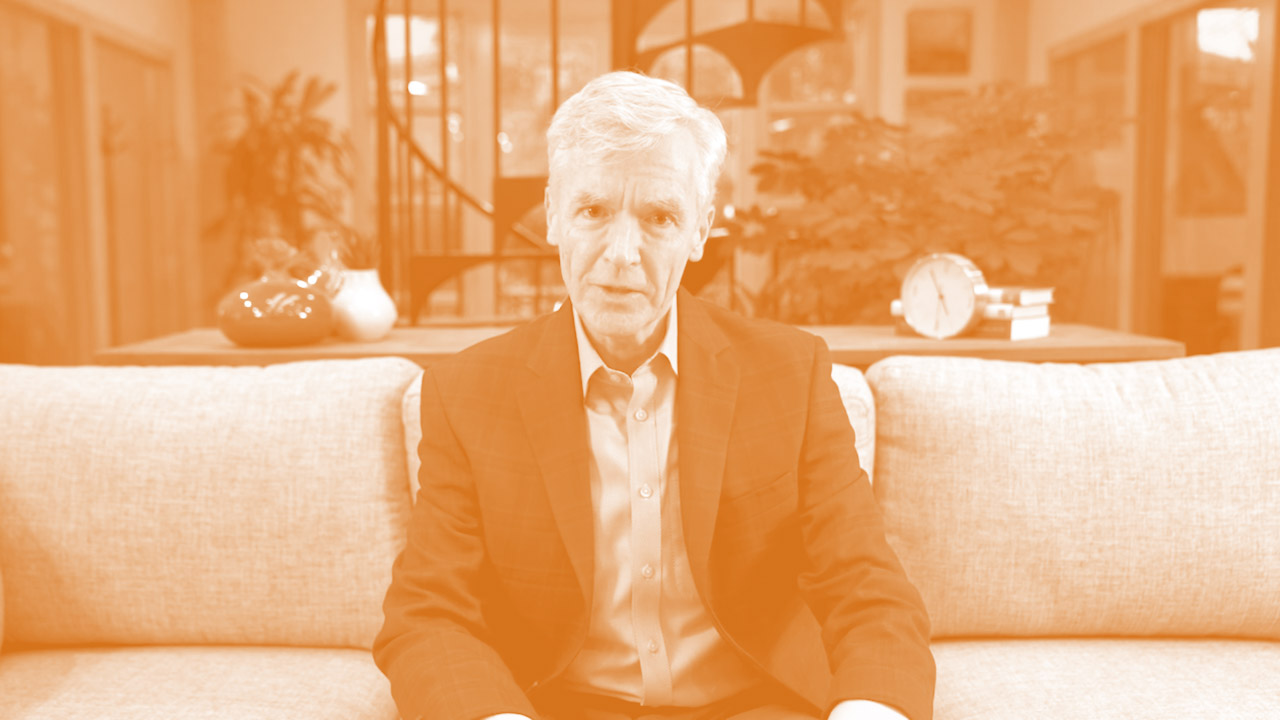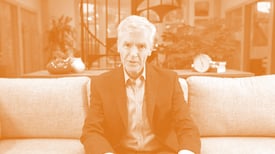
February 7, 2020
Physician burnout goes well beyond stress and frustration.
It is, according to a recent article, caused by actual harm to the physicians.
On this J|Insights our CEO, David Jarrard, talks about that article, written by Melissa Bailey over at Kaiser Health News and titled “Beyond burnout: Docs Decry ‘Moral Injury’ from Financial Pressures of Healthcare.”
The idea of moral injury actually started in military and combat situations. It’s a form of injury caused by being in a position where you feel forced do something or not do something that, as a result of that action or inaction, leads to harm for someone. And now it’s been translated into healthcare settings.
Listen to the podcast or read the transcript below.


David Shifrin: Well, this is J|Insights on the High Stakes podcast. I’m here with our CEO, David Jarrard, and we’re going to talk about a really interesting article that came out this week in Kaiser Health News. The article is by Melissa Bailey. It’s published in February 4th, and it’s titled Beyond burnout: Docks Decry ‘Moral Injury’ from Financial Pressures of Healthcare.
And this idea of moral injury actually started in military and combat situations. You can read the article and I would highly recommend it, but it’s this idea that it’s not just stress and it’s not just frustration with things being a certain way, but it’s actually being in a position where you feel forced do something or not do something that, as a result of that action or inaction, leads to harm for someone.
Physicians Wendy Dean, and Simon Talbot – Dr. Dean is a psychiatrist and Dr. Talbot a surgeon – were the first to apply this in healthcare, the article says. And so we’re going to talk about what that means in the context of the health care setting. Why it relates to physician burnout and how healthcare leaders can respond to it and help their clinical teams manage what we all know to be an enormous and growing problem in healthcare.
So, David, talk a little bit about, you know, your initial thoughts as you read this article.
David Jarrard: I appreciated Melissa’s coverage in introducing the phrase moral injury to one of the great issues that physicians are facing today. And you’re right, it is a terrific article and I think adds new language to help us discuss this challenge. One initial thought I had in reading the article, is that physicians are not alone in having moral injury because healthcare is such a cause- and mission-driven place, it attracts people from all walks of life and all different kinds of caring professions, many of whom I feel are struggling with moral injury as well.
So here’s my take when I read the article is that what the physicians are expressing here is a reflection of a sort of a grander disappointment with delivery of healthcare that is apparent in over almost every aspect of society.
I mean, we looked at the Iowa caucuses and healthcare is the number one issue on the minds of voters. We look at, nurses and challenges they’re facing and the rise of unions who are looking to protect nurses. we look at these incredible levels of frustration people have either with the delivery of care, access to care, or even when they have confidence that they can access care the fear that the care they just accessed is going to bankrupt them or their family. And it begins to feel like a disappointment in healthcare. In the end, the idea of what healthcare should be and could be instead of what it is.
So what’s a healthcare leader to do, right? One important thing is to not pretend it doesn’t exist. That this is a conversation. This is a concern, and this is a point of exhaustion for people whose lives are dedicated to doing good. Everyone’s human. Everybody has particular issues, and they bring that into their agendas and goals.
But at the heart of it, it’s rare to find people who get in involved in healthcare who aren’t driven by a cause or mission to make somebody better, to do something good in the world. And when they hit their head on a brick wall again and again in a system that’s designed to do that but doesn’t, it’s almost if it’s designed to cause frustration.
I mean, it can certainly lead to injury in burnout among physicians, among nurses, but also among administrators and board members. And parents and family members and senior citizens… who isn’t, injured and exhausted?
DS: So therefore? We come back to this question. You said, it’s first of all, don’t pretend it’s not a problem. Don’t, as we often talk about, don’t stay away from the problem. I mean, physically. Walk the halls, as we always talk about, be present, be talking to people. What else can you as a hospital leader do to at an absolute minimum present empathy and to say that we are in this together, we have different roles, but we’re here together. We will figure it out.
DJ: Yeah, that’s exactly the phrase I was thinking of. ‘We are, in it together.’ Because the psychology often when you’re suffering and frustrated is to isolate yourself or to believe that you’re isolated. This is happening to me and to my physician peers or to my nurse peers or to my administration peers and uniquely me. And that must mean that there’s someone against me, right? That administration is against me or the system is against me. It becomes a binary win-and-lose kind of conversation. I think the challenge for administrators and leaders today, as you say, is to go back to your why.
Why are we doing this? Why did we get into this business together and how we can address it together? Which is not going to solve the day to day difficulties of working with your EHR and having to spend more time looking at the screen than looking at your patient. But it can remind everyone that matters to you in the system, that they’re not alone. And that sense of unity by itself can be a very powerful force for good.
DS: So we just talked about how people at all levels understand that this is a problem. Nobody wants it this way. And the article talks about systemic barriers related to the business side of healthcare.
So there’s this kind of a series of almost an infinite number, an incalculable number of moments, decisions that have been made that have put us in this position where our healthcare system is what it is, and it now is putting up a wall against what we would like to see happening, the way that we would like to see care delivered.
And it has become much more financially oriented and metrics oriented.
DJ: Let’s take that apart a little bit. Because it can be easy to say, Oh, this is the intrusion of business in the medicine. And this is because medicine is becoming a business. But your other point I think may be more relevant, which is it relates to metrics and measuring, and discerning best practices across a very broad platform.
Because it’s, some cases it’s not about the business, but it’s about the best medicine that we can provide, which requires us now as evidenced-based practitioners to measure it.
And so the role of data gathering and just big data, and understanding the delivery of care so it can be ever more efficient is its own kind of pressure. It’s an insidious kind of pressure because if you are driven to be your best, which most physicians are, and you’re driven to deliver great outcomes, which everyone in healthcare is. Well, if you’re given a new tool that can drive you to be your best, you want to take advantage of it. And so there’s a drive to do your best all the time, in addition to take care of this person and see them as a person and to deliver care that has a good financial return so you can see the next person.
It’s hard for a physician to turn around and not see some pressure pointed at him or her that causes this kind of burnout and stress. Medicine is I believe at its core, a kind of art, right? And so much of what we’re talking about here that causes burnout is this science, right? Of metrics in design and financials and all those elements that we know.
It’s balancing that art and science that is it the heart of this discussion, I think. And I think what as a country we’ve experienced and what these physicians are experiencing is an imbalance. And so how do we return to honoring that art, so it provides not just healthcare, but health. I think is the goal of everyone here.
Tags:





